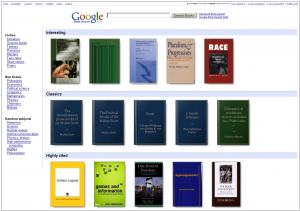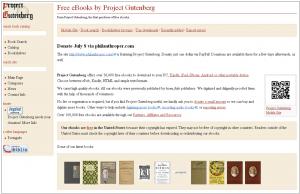Google Books vs Project Gutenberg
Last updated: July 10, 2023
Google Books and Project Gutenberg are two platforms that offer access to a vast collection of digital books, but they differ in terms of their content, accessibility, and approach.
Google Books is a digital library and search engine that provides access to millions of books, including both in-copyright and out-of-copyright works. It offers a combination of free and paid books, with the ability to preview book content, search within books, and purchase or borrow books from various publishers. Google Books focuses on providing a comprehensive collection of books, including popular titles, academic works, and contemporary publications. It also offers features like personalized recommendations and the ability to create bookshelves for organizing and managing one's collection.
Project Gutenberg, on the other hand, is a volunteer-driven initiative that focuses on providing free access to public domain books. It offers a vast collection of books whose copyrights have expired, allowing users to read, download, and distribute them without restrictions. Project Gutenberg primarily features older works, including classic literature, historical texts, and other out-of-print publications. The platform emphasizes accessibility and the promotion of literacy by providing books in various formats, including EPUB, MOBI, and HTML, which can be downloaded and read on different devices.
Google Books is a digital library and search engine that provides access to millions of books, including both in-copyright and out-of-copyright works. It offers a combination of free and paid books, with the ability to preview book content, search within books, and purchase or borrow books from various publishers. Google Books focuses on providing a comprehensive collection of books, including popular titles, academic works, and contemporary publications. It also offers features like personalized recommendations and the ability to create bookshelves for organizing and managing one's collection.
Project Gutenberg, on the other hand, is a volunteer-driven initiative that focuses on providing free access to public domain books. It offers a vast collection of books whose copyrights have expired, allowing users to read, download, and distribute them without restrictions. Project Gutenberg primarily features older works, including classic literature, historical texts, and other out-of-print publications. The platform emphasizes accessibility and the promotion of literacy by providing books in various formats, including EPUB, MOBI, and HTML, which can be downloaded and read on different devices.
62
Google Books is a service that searches the full text of books and magazines that Google has scanned, converted to text using optical character recognition, and stored in its digital database. Search and preview millions of books from libraries and publishers worldwide using Google Book Search. Discover a new favorite or unearth an old classic.
20
Project Gutenberg offers over 42,000 free ebooks: choose among free epub books, free kindle books, download them or read them online. We carry high quality ebooks: All our ebooks were previously published by bona fide publishers. We digitized and diligently proofread them with the help of thousands of volunteers.
Google Books vs Project Gutenberg in our news:
2018. Google Launches Talk to Books
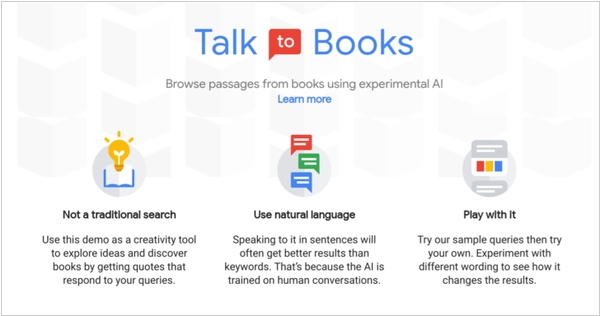
Google has recently introduced a groundbreaking service called Talk to Books, revolutionizing the way we delve into books by starting at the sentence level rather than focusing on authors or topics. With this innovative tool, you can make statements or pose questions, and it will locate sentences from books that directly address your query, without relying on traditional keyword matching. In essence, you engage in a conversation with the books themselves, receiving responses that aid in your decision-making process of whether to pursue further reading or not.
2016. Google Books will now make better suggestions on what to read next
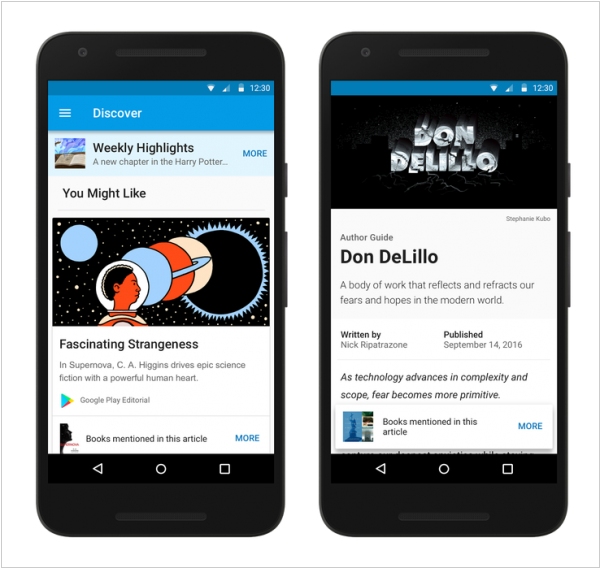
In an effort to compete with Amazon's Kindle app, Google Books has introduced an exciting feature known as "Discover." This feature is incorporated into the Google Books application and aims to assist users in discovering new reading material. It provides a dedicated section that offers personalized recommendations and popular suggestions from the wider community. By analyzing your reading habits on Google Books, Discover will present you with fresh and engaging stories that align with your interests. Additionally, it goes beyond your personal library and expands its recommendations to books mentioned in articles or videos you come across within the app, such as the newly introduced "Weekly Highlights" section. With these enhancements, Google Books strives to provide a comprehensive and dynamic platform for finding new and captivating content to read.
2015. Google Books project ruled legal by U.S. appeals court
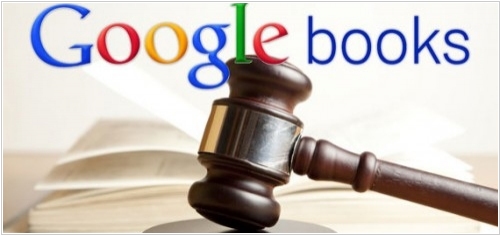
After a decade-long legal battle, a U.S. appeals court has signaled the nearing conclusion of the dispute by stating that Google's book scanning project, Google Books, does not infringe copyright law, according to Reuters. The decision follows a lawsuit filed in 2005 by the Authors Guild and some independent writers, who argued that the project would harm their earnings. In 2013, a lower court in New York ruled in favor of Google, stating that the project could actually increase author revenue by exposing potential customers to unfamiliar works. On Friday, the 2nd U.S. Circuit Court of Appeals in New York upheld the 2013 decision, determining that Google's publication of excerpts constituted Fair Use and served the public interest. For more information on downloading Google Books, refer to this article: How to download Google Books? ***
2013. Google Books survives the copyright fight
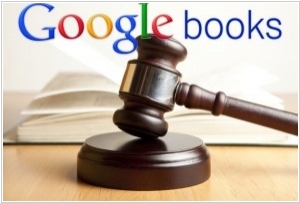
The lengthy legal dispute spanning eight years between the Authors Guild and Google Books has finally reached its conclusion. US Circuit Judge Denny Chin, based in New York, declared that the book scanning conducted by Google amounted to fair use. The judge justified this decision by considering the scanning process as "highly transformative" and determining that it did not negatively impact the market for the original works. Judge Chin further recognized the significant public benefits provided by Google Books, describing it as an indispensable research tool. He highlighted its role in enhancing accessibility for the visually impaired and preserving the content of aging books, which would otherwise succumb to physical deterioration. Dismissing the notion that Google's online book database deprived authors of income, the judge emphasized that Google does not sell the scans or make complete copies of books available. Instead, he concluded that Google Books facilitated readers in discovering new literary works, resulting in additional income for authors. The Authors Guild retains the option to appeal the ruling should they choose to do so. For more information, refer to the article on How to download Google Books?.

